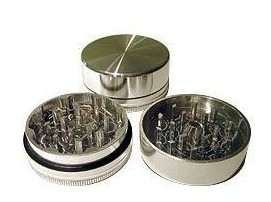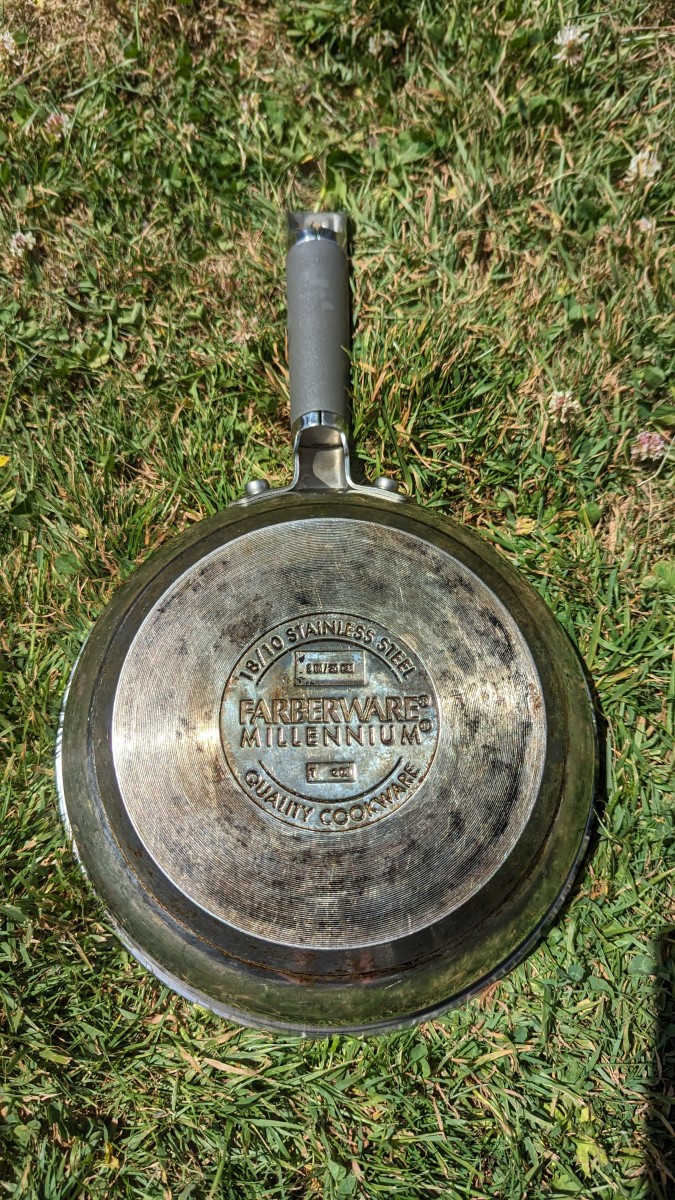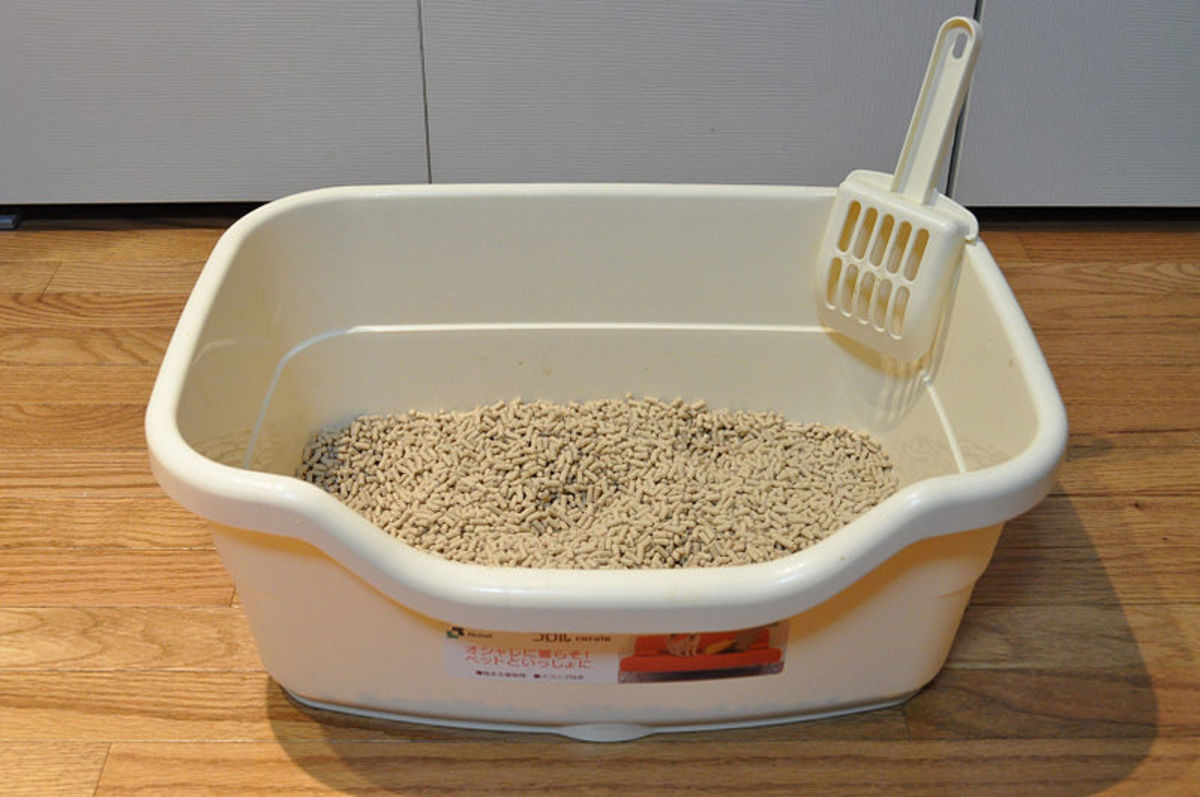How Safe is Aluminum?



People are constantly seeking relief from illnesses and common maladies, not realizing they may be the cause for much of it. They poison their own environment. There are many examples of this, but let’s look at aluminum, a prime culprit.
Aluminum is the most abundant metallic element on the planet and exists naturally in air, water and soil. Although not considered to be a heavy metal it can be toxic in excessive or, in some cases, small amounts if it accumulates in the brain. It can be absorbed into the body through the digestive tract, lungs and skin. It then accumulates in the body’s tissues.
The organs responsible for ridding aluminum from the body are the kidneys and excessive levels can damage them. Aluminum can accumulate in the brain causing seizures and reduced mental function, but fortunately it’s filtered by a tissue barrier that protects the brain and filters the blood before it reaches it. Aluminum does not pass easily through it, but certain compounds containing aluminum, such as aluminum fluoride in some tooth pastes can.
Despite the risks, many town and city water supplies are treated with aluminum sulfate and aluminum fluoride…both of which can easily combine in the blood. Food cooked or stored in aluminum pots and foil is another source.


In fact aluminum is used in making many items we encounter daily such as:
· Cooking utensils and wrapping foil
· Over the counter pain killers and antacids
· Anti-inflammatory products
· Douche preparations
· Most baking powders
· Antiperspirants and toothpaste
· Bleached flour, grated cheese, table salt
· Beverages in aluminum containers
· And the biggest source…our drinking water
Most suffer some degree of aluminum toxicity. If not expelled from the body, years of aluminum accumulation in body tissues, can result in conditions ranging from brain degeneration to skeletal deformities. It is particularly damaging to the nervous system.
Ironically, arthritis sufferers often use buffered aspirin containing the element. Since aluminum contributes to bone damage it would seem they’re defeating the purpose. Digestive aides and hemorrhoid medicines can also contain it. Stainless steel cookware can be a source as well as it is made by bonding the stainless steel with layers of aluminum.

Many times symptoms of aluminum toxicity go undetected for several reasons. First, many don’t realize how many common everyday items containing it they come into contact with. Another is symptoms are often similar to those of other diseases and conditions, for example:
· Alzheimer’s
· Osteoporosis
· Colic
· Rickets
· Gastrointestinal problems
· Anemia
· Headaches
· Memory loss
· Speech problems and aching muscles
Workers in aluminum smelting plants have experienced dizziness, poor coordination and lethargy. It’s believed the accumulation of aluminum in the brain could be the reason.
So, what can we do to prevent aluminum toxicity?
· Eat a high fiber diet that includes apple pectin
· Use glass, or iron cookware, avoid the non stick surfaces
· Avoid products containing aluminum or dihydroxyaluminum
· Aluminum is more readily dissolved by acid forming foods, such as coffee, meat, black and green tea, cabbage, cucumbers, tomatoes, turnips, spinach and radishes.
· Do not cook or store foods with aluminum foil
· Use bamboo vegetable steamers instead of metal
There are six aluminum salts approved as food additives in the US. The most commonly used are sodium aluminum phosphates. They are added to:
· Cake mixes, frozen dough, pancake mixes and self-rising flours
· Processed cheese and cheese foods. One slice of processed cheese can contain up to 50 mg of aluminum. Some say a cheeseburger may contain more aluminum than any other food. And be careful of those pickles on that burger if they’ve been treated in an alum solution. It’s a common practice done to firm up the cucumbers.
While low levels of aluminum are not a serious problem, people should take care to ensure the level stays low. This requires monitoring. Hair, urine and blood analysis tests are done to help monitor these levels.







